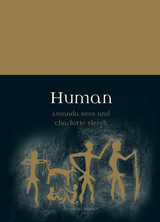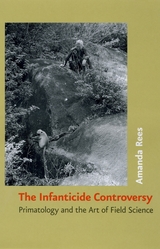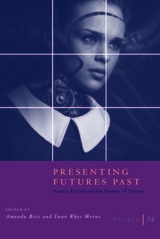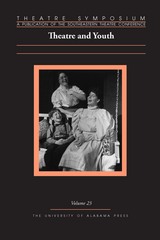

Infanticide in the natural world might be a relatively rare event, but as Amanda Rees shows, it has enormously significant consequences. Identified in the 1960s as a phenomenon worthy of investigation, infanticide had, by the 1970s, become the focus of serious controversy. The suggestion, by Sarah Hrdy, that it might be the outcome of an evolved strategy intended to maximize an individual’s reproductive success sparked furious disputes between scientists, disagreements that have continued down to the present day.
Meticulously tracing the history of the infanticide debates, and drawing on extensive interviews with field scientists, Rees investigates key theoretical and methodological themes that have characterized field studies of apes and monkeys in the twentieth century. As a detailed study of the scientific method and its application to field research, The Infanticide Controversy sheds new light on our understanding of scientific practice, focusing in particular on the challenges of working in “natural” environments, the relationship between objectivity and interpretation in an observational science, and the impact of the public profile of primatology on the development of primatological research. Most importantly, it also considers the wider significance that the study of field science has in a period when the ecological results of uncontrolled human interventions in natural systems are becoming ever more evident.

The protagonists of these two enterprises have a lot in common. Both SF and the history of science are oriented towards the (re)construction of unfamiliar worlds; both are fascinated by the ways in which natural and social systems interact; both are critically aware of the different ways in which the social (class, gender, race, sex, species) has inflected the experience of the scientific. Taking a global approach, Presenting Futures Past examines the ways in which SF can be used to investigate the cultural status and authority afforded to science at different times and in different places. The essays consider the role played by SF in the history of specific scientific disciplines, topics, or cultures, as well as the ways in which it has helped to move scientific concepts, methodologies, and practices between wider cultural areas. Ultimately, Presenting Futures Past explores what SF can tell us about the histories of the future, how different communities have envisaged their futures, and how SF conveys the socioscientific claims of past presents.

The first set of essays draws from robustly diverse sources: the work of Frank Wedekind in nineteenth-century Germany, Peter Pan’s several stage incarnations, Evgeny Shvarts’s antitotalitarian plays in Soviet Russia, and Christopher Marlowe’s Dido, Queen of Carthage, whose depictions of childhood comment on both the classical period as well as Marlowe’s own Elizabethan age.
The second part of the collection explores and illustrates how youth participate in theatre, the cognitive benefits youth reap from theatre practice, and the ameliorating power of theatre to help at-risk youth. These essays show fascinating and valuable case studies of, for example, theatre employed in geography curricula to strengthen spatial thinking, theatre as an antidote to youth delinquency, and theatre teaching Latinos in the south strategies for coping in a multilingual world.
Rounding out this exemplary collection are a pair of essays that survey the state of the art, the significance of theatre-for-youth programming choices, and the shifting attitudes young Americans are bringing to the discipline. Eclectic and vital, this expertly curated collection will be of interest to educators and theatre professionals alike.
READERS
Browse our collection.
PUBLISHERS
See BiblioVault's publisher services.
STUDENT SERVICES
Files for college accessibility offices.
UChicago Accessibility Resources
home | accessibility | search | about | contact us
BiblioVault ® 2001 - 2024
The University of Chicago Press









